A city theatre group commemorating unsung freedom fighters through a one-act play contest is surprised when unlikely writers sing paeans to Birsa Munda and Umaji Naik
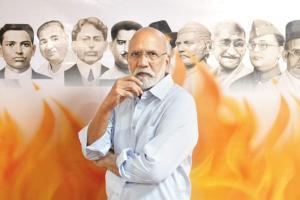
Anant Panshikar of Mumbai theatre group Natyasampada Kala Manch has decided to elicit one-acts on under-acknowledged women leaders next year. Pic/ Ashish Raje
 Pune-based Shreeram Ranade, 81, the recipient of two National Awards for education, and actor in famed Marathi play, Ghashiram Kotwal, feels the youth cannot be blamed for turning to the mobile phone as a primary reading tool. "Unless we write about catchy things and people, why will they leave their 'Netflixed' devices," asks the retired teacher, who is behind a 40-minute one-act on Umaji Naik Khomane (1791 – 1832). The rarely-recalled freedom fighter was the first to build a tiny army to counter foreign rule, leading the British to announce a booty for his capture. The dacoit-turned-revolutionary, belonging to the Ramoshi community, was ultimately hanged in Pune. Ranade feels Naik's valour has not been shared with the new generation as it should have with a mix of fable and history.
Pune-based Shreeram Ranade, 81, the recipient of two National Awards for education, and actor in famed Marathi play, Ghashiram Kotwal, feels the youth cannot be blamed for turning to the mobile phone as a primary reading tool. "Unless we write about catchy things and people, why will they leave their 'Netflixed' devices," asks the retired teacher, who is behind a 40-minute one-act on Umaji Naik Khomane (1791 – 1832). The rarely-recalled freedom fighter was the first to build a tiny army to counter foreign rule, leading the British to announce a booty for his capture. The dacoit-turned-revolutionary, belonging to the Ramoshi community, was ultimately hanged in Pune. Ranade feels Naik's valour has not been shared with the new generation as it should have with a mix of fable and history.
ADVERTISEMENT
This is why Ranade responded earnestly to the Pranam Bharat Marathi one-act writing contest announced by the Mumbai-based Natyasampada Kala Manch, which is a young talent platform floated by theatre producer Anant Panshikar in 2013. Natyasampada was founded in 1963 by his uncle and late actor Prabhakar Panshikar, who made history with his five roles in Toh Mee Navhech. Since there was no age or location criteria nor restriction on number of entries, Ranade wrote two one-acts on Umaji Naik and Chandrashekhar Azad. "Naik is the Adya Krantiveer, the first in all senses; Azad (1906-1931) a firebrand youth who took to militant nationalism after his disappointment with Gandhi's Non-Cooperation Movement. He lived up to his name by remaining elusive till the end," recalls Ranade.
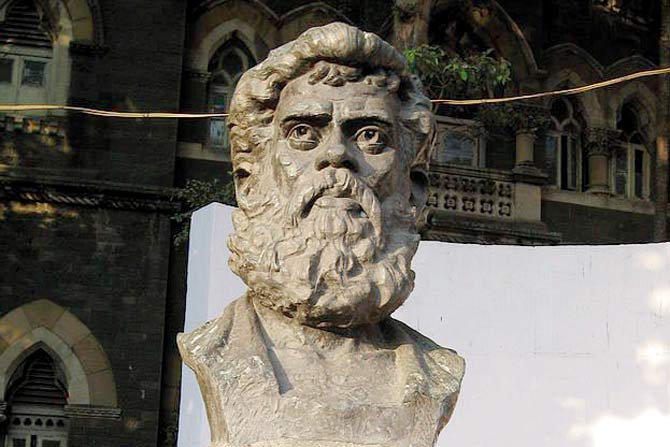 Architect Anil Patange's drama revolves around revolutionary Vasudev Balwant Phadke, the inspiration behind Bankim Chandra Chattopadhyay’s novel Anandamath
Architect Anil Patange's drama revolves around revolutionary Vasudev Balwant Phadke, the inspiration behind Bankim Chandra Chattopadhyay’s novel Anandamath
He says he eagerly awaits for both scripts to be mounted by college students, and has offered to volunteer his assistance at the college that chooses to stage them.
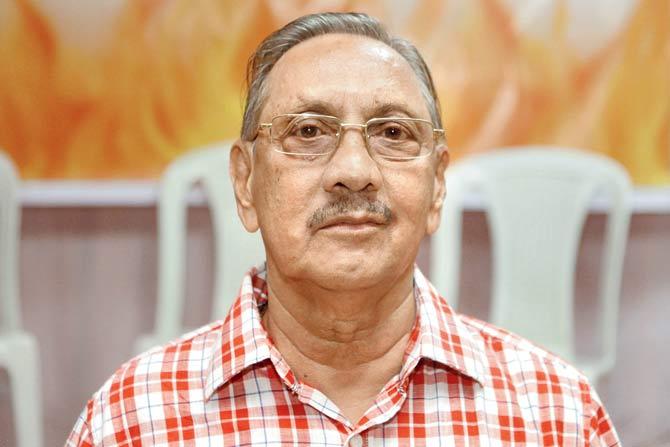
Anil Patange
When Natyasampada announced the one-act play competition with three moderate cash prizes on August 15 this year, proprietor Anant Panshikar had no idea that his inbox would be filled with 23 scripts by October. Since it is the first contest of its kind, he was surprised by the response from people of varied ages and professions. Significantly, they had not chosen to chronicle well-documented names like V D Savarkar or Subhash Chandra Bose but Anant Lakshman Kanhere, the 17-year-old who in 1909 killed the collector of Nasik in British India; communist leader Krantisinh Nana Patil, who was a force to reckon with in the Quit India Movement and Shivram Hari Rajguru, the radical eclipsed by Bhagat Singh.
Natyasampada received entries from Miraj, Belgaum, Nasik, Jabalpur and Pune. The response from Mumbai was moderate. Among those who responded from the city is architect Anil Patange, 75, whose drama revolves around revolutionary Vasudev Balwant Phadke (1845-83)—the inspiration behind Bankim Chandra Chattopadhyay's novel Anandamath. "With a few exceptions, the participants are not writers by profession, neither are they theatre insiders who have experimented with one-acts. But they feel strongly for the historical figure they have chosen to portray, which explains how they have found time to write the act amid other chores," says Panshikar, who conceptualised the theme in order to create a database of one-acts on unsung protagonists. He is in consultation with drama departments of Mumbai, Pune and other universities in which theatre groups have been offered to stage the winning entries. It is proposed that groups first conduct dramatized readings of the one-acts wherever possible, or else encourage students to concentrate on the performance.
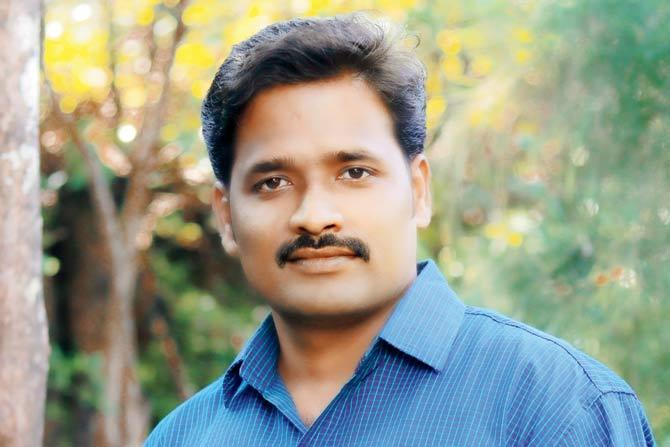 Satara-based secondary school teacher Jagdish Pawar, 29, focuses on unknown youth icon Jaisinghrao Dhamdhere
Satara-based secondary school teacher Jagdish Pawar, 29, focuses on unknown youth icon Jaisinghrao Dhamdhere
One contestant has set a precedent by expanding the scope of the contest by adding to the list of revolutionaries. Satara-based secondary school teacher Jagdish Pawar, 29, focused on unknown youth icon Jaisinghrao Dhamdhere, who played a historic role in Maratha history way back in 1763. "He was an orphan who insisted on joining the Peshwa forces, although all men in his family were killed in the Panipat battle. For a 14-year-old, his last jump from the elephant back is a spirited act, and yet, not fully recorded in history books," says Pawar, who was shocked to learn that Dhamdhere's own village has a faint recollection of the leader.
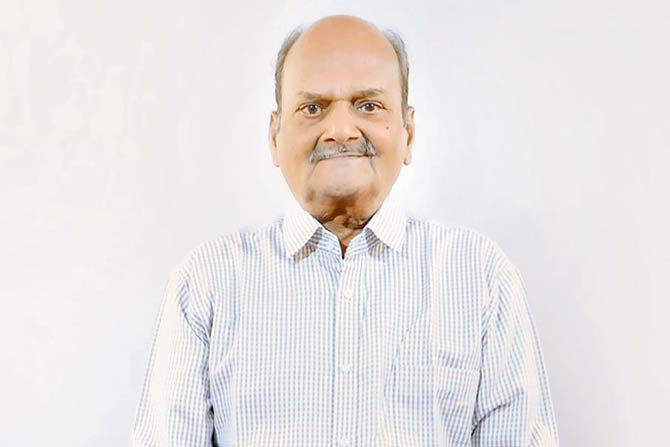 Jabalpur-based Sudhakar Pathradka's writing on Munda is an extension of his early learnings in RSS shakhas where he was first introduced to the lore
Jabalpur-based Sudhakar Pathradka's writing on Munda is an extension of his early learnings in RSS shakhas where he was first introduced to the lore
Panshikar feels the one-act contest has earned many firsts to its credit, which encourage Natyasampada to mount works in future that feature under-celebrated social and political leaders. In the forthcoming year, he has decided to elicit one-acts on under-acknowledged women leaders, since gender diversity is lacking in the current crop of scripts. This year, adivasi leader Birsa Munda (1875-1900) seems to have been the popular choice. Three contestants chose to focus on the young tribal leader who galvanised the Munda tribe (now in modern-day Bihar and Jharkhand) against the exploitative agrarian practices of the British.
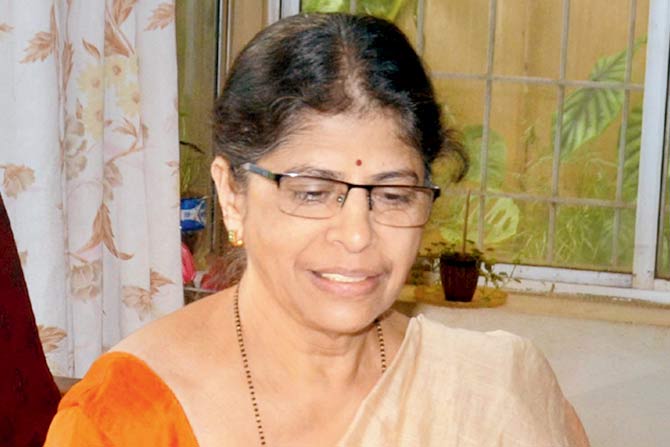 Belgaum-based Medha Marathe says Birsa Munda resonates with any audience, irrespective of political ideology
Belgaum-based Medha Marathe says Birsa Munda resonates with any audience, irrespective of political ideology
For Belgaum-based Medha Marathe, Munda is a folk hero who resonates with any audience, irrespective of political ideology. He not only fought for peasant rights but also spoke of tribal upliftment and lifestyle reform. But for Jabalpur-based Sudhakar Pathradkar, 77, writing on Munda is an extension of his early learnings in RSS shakhas where he was first introduced to the lore. Pathradkar regularly attends shakhas in Jabalpur, like he did in childhood in Yeovatmal before the family shifted base to Madhya Pradesh. He has not tried his hand with the drama form, which makes his debut on Munda a personal milestone. For both Marathe and Pathradkar, the skit on Munda is also another way to keep their connect with the Marathi language in states where the preferred mediums of communication are Kannada and Hindi respectively. For Prasad Khanolkar, 52, an engineer in the building construction industry in Sindhudurg, Birsa Munda induces a lyrical purpose. He has devised a simulated dialect for Munda and fellow adivasi characters. "I did not want to use the standard urban lingo, which is why I have created a parlance which is decipherable and yet retains the vibe of Munda's agrarian culture."
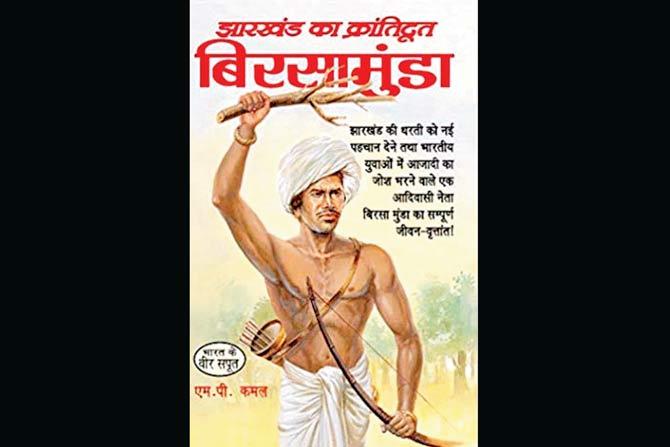
To forget is easy, to remember difficult. And even more difficult is to etch a person's contribution in wider public memory. Pranam Bharat one-acts are 40-minute-compact portables, at the heart of which lies the healthy practice of not overlooking. The scripts are minimalistic, easy-to-mount content for a resource-crunched college crowd—the demographic which is not just unfamiliar with the cultural-political worth of the revolutionaries but is also grappling with ways to gather an audience for niche initiatives.
23
Number of original scripts received in two months
Sumedha Raikar-Mhatre is a culture columnist in search of the sub-text. You can reach her at sumedha.raikar@mid-day.com
Catch up on all the latest Crime, National, International and Hatke news here. Also download the new mid-day Android and iOS apps to get latest updates
 Subscribe today by clicking the link and stay updated with the latest news!" Click here!
Subscribe today by clicking the link and stay updated with the latest news!" Click here!







